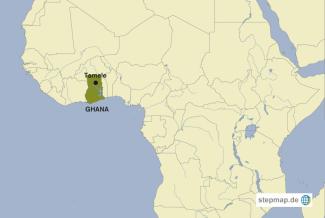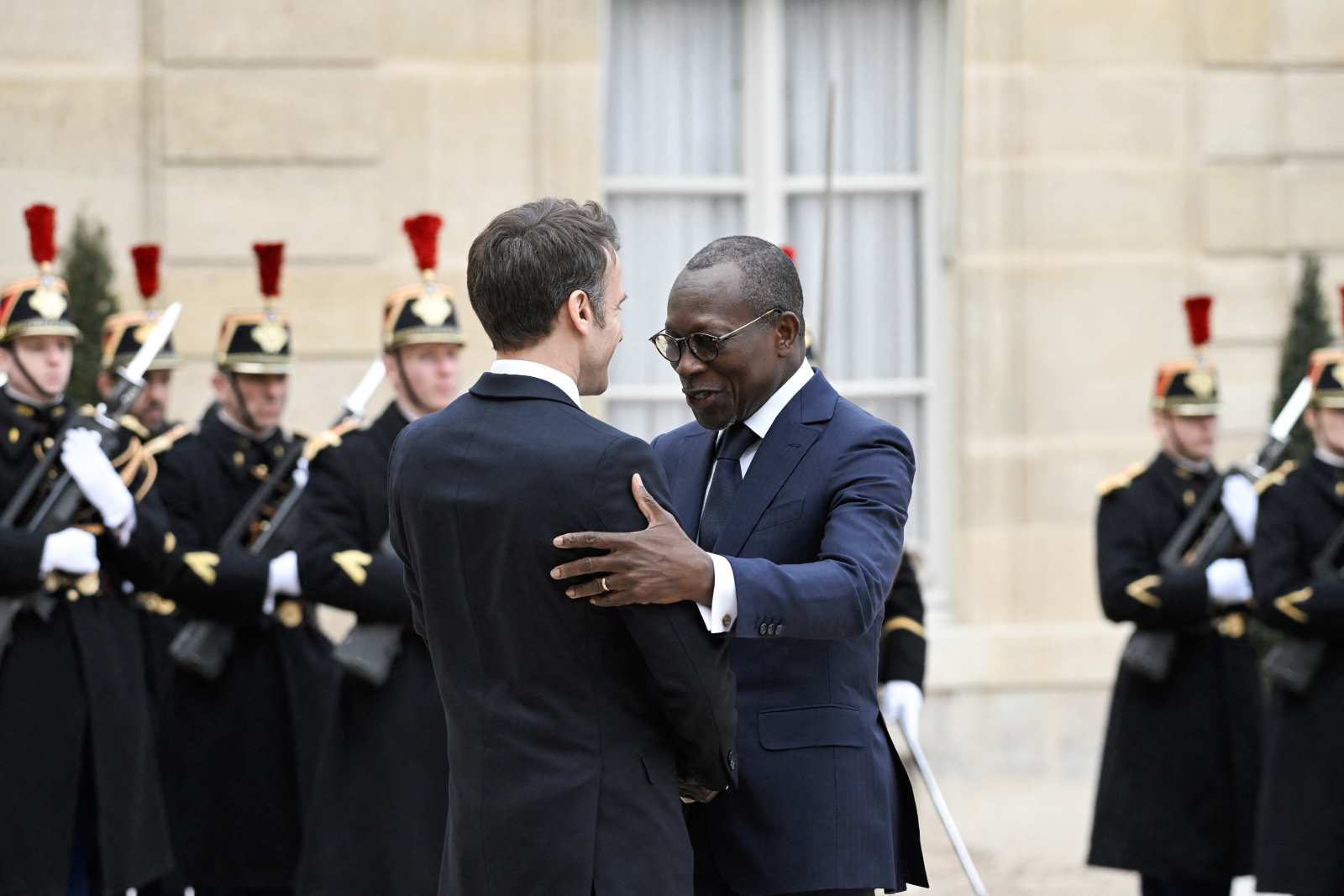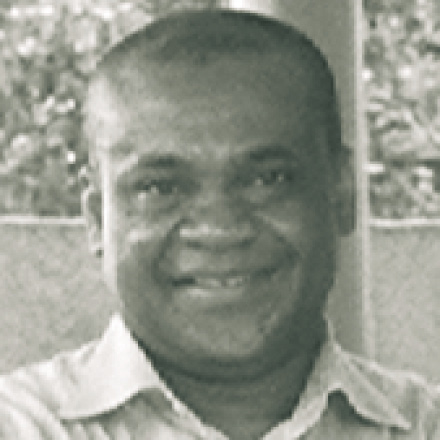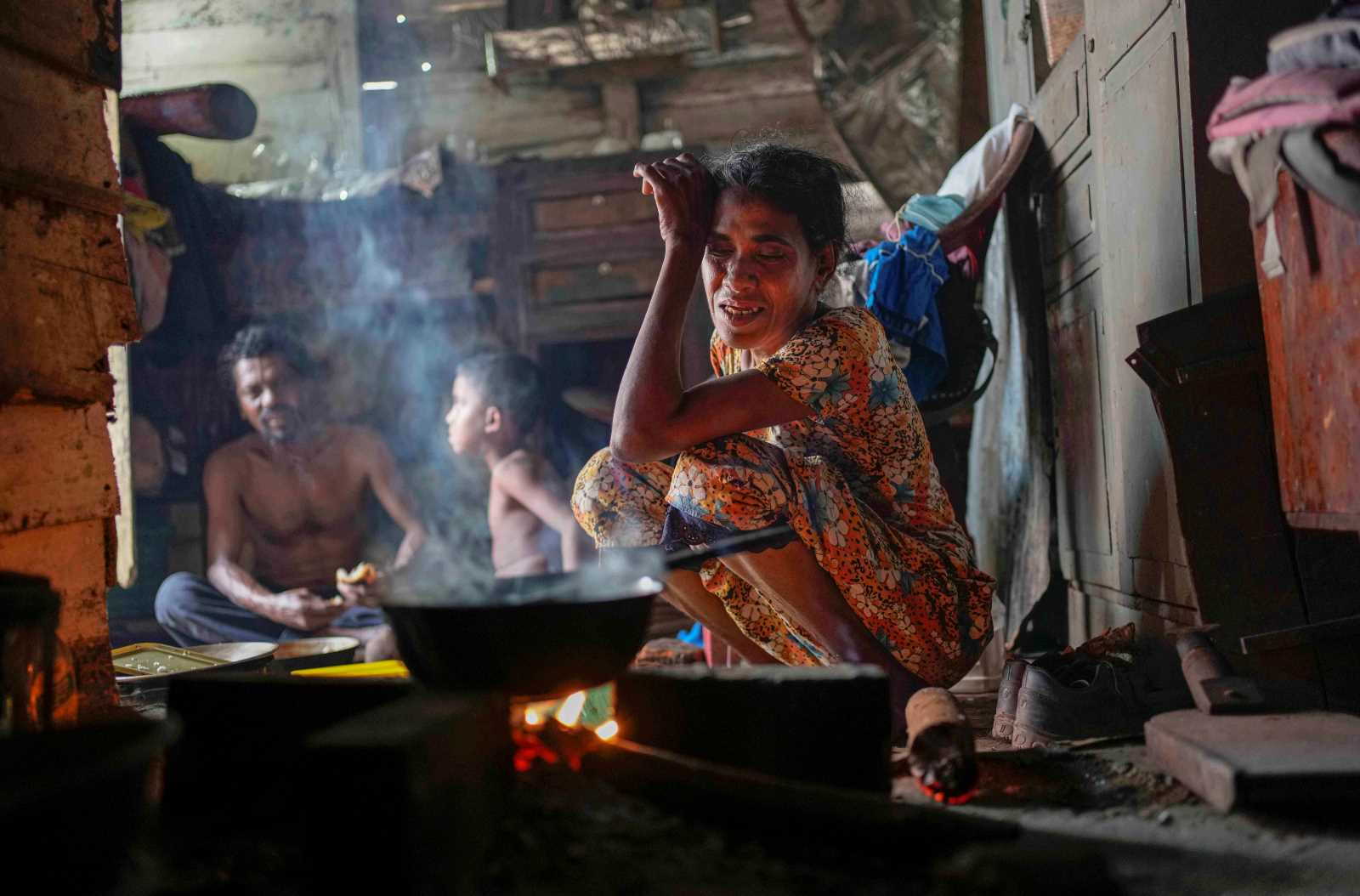Corruption
Reporting corrupt officials

“If you want to be a good citizen, you may report some corrupt official,” says a man who prefers to remain anonymous, “but sooner or later the authorities will take revenge.” Another person says he has been thinking of reporting “several instances of corruption”. But he feels his personal safety is not guaranteed, so he won’t tell the authorities anything.
In theory, whistleblowers are not subjected to civil or criminal proceedings because of the disclosure. Adam Baani is an anti-corruption officer in Tamale. He wants citizens to make use of their rights: “We have very fine laws in Ghana: we have the Whistleblower Act, we have the Commission on Human Rights and Administrative Justice, we have the Economic and Organised Crime Office.” He is frustrated because people are not making use of these options.
According to the Whistleblower Act, the institutions or organisation that receive information concerning wrong-doing must hide the identity of the person who makes the disclosure. Baani says: “If you leak the identity of the person, you are liable to conviction for a prison term of two years.”
His stance is in line with the one of the country’s top leader. Ghana’s President John Dramani Mahama said in a televised address in February this year that he wants to stamp out systemic indiscipline in public and social services: “We have the confidence that the fight against corruption is winnable.”
However, since 2006, only 12 people have come forward to report corruption, relying on the protection provided by the Whistleblower Act. Ghana’s auditor general reports that “billions of cedis” are lost to fraud each year. One cedi is worth about 25 US cents.
Anti-corruption officer Baani is now taking a new approach. He hopes “community integrity clubs” will serve as watchdogs at the local level and check official’s conducts. He is organising people in such clubs hoping that they will feel more confident to act collectively. Ghana needs more whistleblowers – and new ways to encourage them.
Maxwell Suuk is a journalist and lives in northern Ghana.
suuk.max@gmail.com
Links
Commission on Human Rights and Administrative Justice (CHRAJ) Ghana:
http://www.chrajghana.com/
Economic and Organised Crime Office (EOCO):
http://eoco.org.gh/
Ghana Anti-Corruption Coalition (GACC):
http://www.gaccgh.org/










